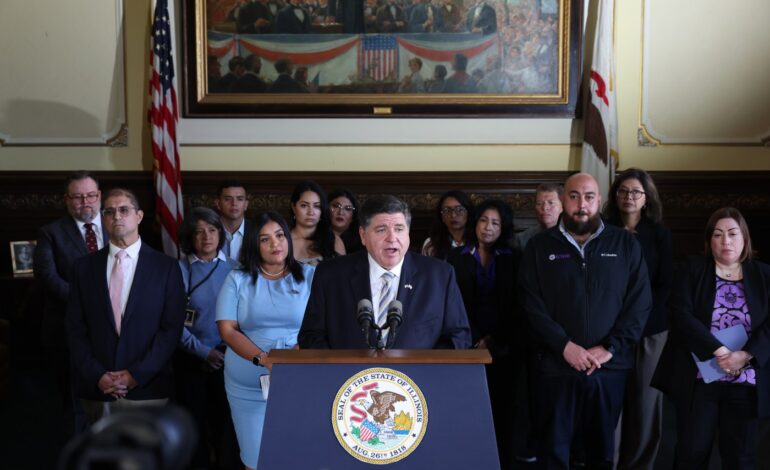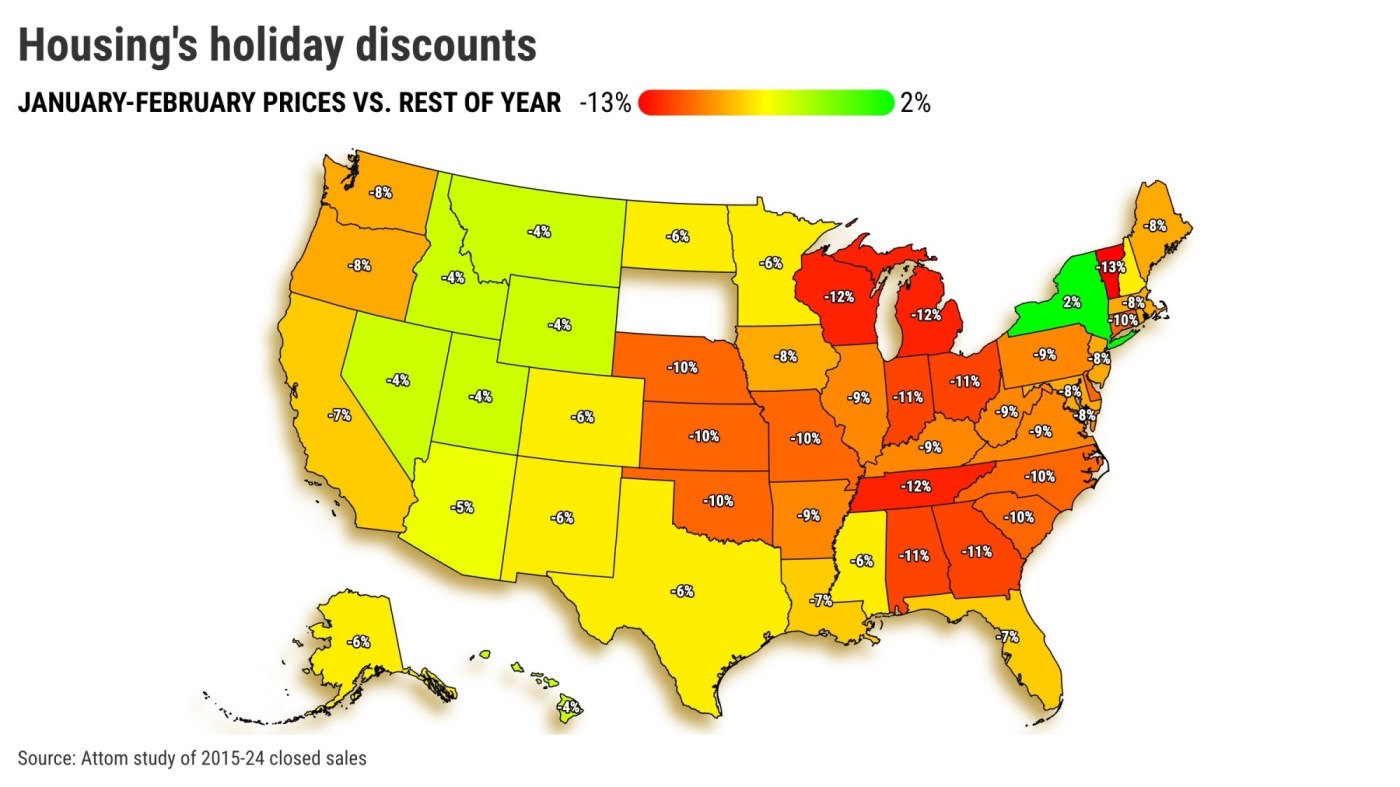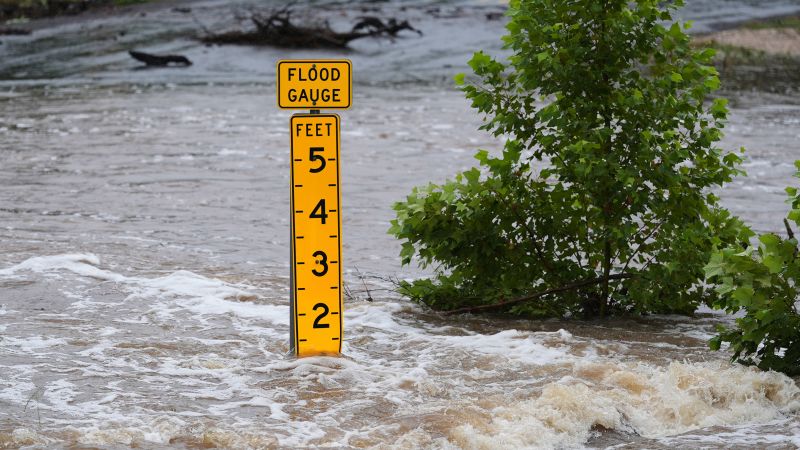Pritzker’s Accountability Commission Faces Challenges Amid Immigration Operations

The Accountability Commission established by Governor JB Pritzker is still in its formative stages as the federal immigration surge in Chicago begins to decline. Recent events have highlighted the challenges faced by the commission, which aims to document alleged misconduct by federal immigration agents involved in the controversial Operation Midway Blitz.
Last week, Pritzker’s chief of staff, Anne Caprara, criticized federal agents for taking a break from their enforcement activities to visit the iconic Cloud Gate sculpture in Millennium Park. In a social media post, she condemned the agents for posing for photographs at the site, stating that they exchanged the word “cheese” for “Little Village,” referencing a community affected by their operations over the weekend. Caprara emphasized the importance of this incident, promising to present the photograph to the Accountability Commission.
Pritzker announced the formation of the commission on October 23, 2023, through an executive order aimed at establishing an official record of the “impropriety, brutality and harassment perpetrated” by federal agents. However, more than three weeks later, there remains no direct channel for the public to report experiences of excessive force or misconduct to the commission. During the announcement, Pritzker encouraged Illinois residents to stay informed about reporting mechanisms, asserting that “Donald Trump is counting on your silence. We are counting on your courage.”
Despite the departure of Border Patrol Cmdr. Gregory Bovino from Chicago, the commission’s website offers limited resources. A phone number to contact an advocacy group was added only recently, following inquiries from the media. As of now, the site lacks an email address or any digital means for the public to submit eyewitness accounts or cellphone videos, which Pritzker has urged residents to collect since the crackdown commenced in early September.
In response to inquiries from the Tribune, the governor’s office directed the public to the Illinois Coalition for Immigrant and Refugee Rights hotline for those wishing to share information. Previously, users had to navigate through multiple links to find this contact information. As stated by Pritzker spokeswoman Jillian Kaehler, “The commission will provide updates to the public if there are other avenues to share information.”
The commission operates under the Illinois Department of Human Rights and is tasked with submitting an initial report to Pritzker by January 31, 2024. Pritzker has asserted that the commission is necessary due to a lack of accountability from the Trump administration and Republican-controlled Congress regarding the actions of immigration enforcement officers. A federal judge in Chicago has remarked that the agents’ “use of force shocks the conscience.”
As the commission begins its work, it has yet to appoint individuals to fill three vacancies on its nine-member board. Kaehler indicated that these appointments are anticipated in the coming weeks. Leadership of the commission is in the hands of Rubén Castillo, a former U.S. District Judge, while Hina Mahmood serves as the executive director. Mahmood, who has a background in public service and philanthropy, is contracted at a rate of $84.62 per hour, as per state records.
The commission has initiated outreach efforts and is exploring partnerships within the community. Additionally, it is conducting an analysis of existing public information related to ongoing litigation against the federal government’s operations. Several lawsuits have been filed challenging various aspects of Operation Midway Blitz in federal court in Chicago.
Recent judicial actions have revealed a growing concern over the treatment of individuals detained during the raids. A federal judge has ordered the release of hundreds of immigrants detained in the Chicago area, and advocacy groups have raised alarms about conditions at an Immigration and Customs Enforcement facility in Broadview, Illinois. As a result, the judge has scheduled a spring hearing to determine whether to impose permanent restrictions on the use of force by immigration agents.
The Accountability Commission’s future effectiveness will depend heavily on its ability to engage the public and gather firsthand accounts of the federal enforcement actions. As the situation continues to evolve, the eyes of the community remain focused on the commission’s progress and the broader implications for immigration enforcement in Illinois.






